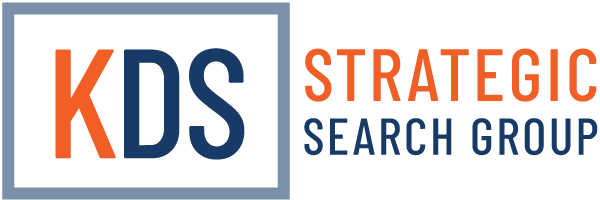Hiring isn’t easy, but it doesn’t have to be “hit or miss.” The objective is the same for every company – to hire great talent as quickly and painlessly as possible. In the past, much of the discussion has centered on a few ideas, the screening process, interview process, and metrics such as time-to-fill and cost-to-hire, but I would propose that there are other factors which merit closer consideration.
The consensus is that one-in-ten new hires result in a miss-hire, but a majority view does not reflect each company’s norm. I recently spoke with a hiring manager who “estimated” that it was one-in-five. That’s terrible, but it underscores the point that some (many) companies do not have an efficient hiring process in place, or the metrics to quantify the scope of the problem.
Companies should consider the following as plausible, beyond-the-obvious causes of a miss-hire:
- Hiring is both an art and a behavioral science and, as such, difficult to master. Hiring is a skill which requires on-the-job training and entails learning from one’s mistakes. A company can be process-driven, with numerous associated metrics, conduct behavioral interviews, utilize predictive analytics, et al., but fail to find the illusive “fit.” Claiming a miss-hire was due to a personality or culture mismatch is often a reflection of less than artful interviewing. A poor “fit” hire may also be a function of ignoring the obvious – human beings are complicated.
Some would call this an excuse, but it’s less an excuse than an acknowledgement of the complexity of human beings. One can become a more skilled, artful interviewer, and develop considerable acumen but, as long as we’re dealing with human beings, hiring will always fall short of being perfect. - Process is not optimized – Communication Breakdown. Obviously, the lack of coordination and communication between HR and the hiring manager inevitably results in a protracted, inefficient hiring process, and predictably a less-than-ideal hire. This disconnect has inevitable consequences: A protracted hiring process entails time and money, but it also entails a form of “Opportunity Cost” which may not be as obvious to some. When a top-performer candidate is hired by a competitor because an organization dropped the ball, i.e. took too long to interview, provide feedback, etc., your company has incurred a cost, which is difficult to measure, but significant. Similarly, when a company reveals a somewhat dysfunctional hiring process to prospective employees, candidates will validate their experience vs. other employee and candidate reviews on GlassDoor, an increasingly critical factor in high-demand candidates’ decision.
- Circumvent your process. A company may have an effective and efficient process in place, but expediency wins out at times. Due to an urgency to hire, a company may at times limit its candidate pool or settle for a good-fit as opposed to a great fit. Whenever quality is sacrificed for speed, the outcome is predictable. The irony is that circumventing a proven hiring process to save time and money often results in a miss-hire and invariably the costs are far higher.
- Lack of Accountability Some companies lack meaningful hiring metrics and benchmarks, while others apply metrics which fail to measure the true effectiveness of a company’s hiring practices. Time-to-fill and cost-per-hire are valuable metrics, but I would propose that unless you’re measuring quality of hires, you are not being held accountable. By establishing base-line metrics for both recruiters and hiring managers, they will be incentivized to optimize the recruiting and hiring process and hire top talent. Recruiters should be evaluated based on the number of quality candidates presented and time-to-present, while hiring managers should be evaluated on the time it takes to render a “yea or nay” decision on presented candidates. Accountability for hiring great talent is the key!
So What?
Disregarding an in-depth organizational behavior discussion, we should ask:
So what can be done? Successful companies have a well-defined talent acquisition strategy and a measurable process which they implement on each hire, but it needs to go further. “Operational Excellence” is ongoing. Continuous improvement is a best practice for highly successful companies, and should be a critical initiative for your company. One should always look to improve the process, identifying and addressing areas where you can achieve the greatest ROI.
Whether you’ve missed on one-in-five or one-in-fifty hires, it is critical for you to do a post-mortem analysis and refine your hiring process, potentially after every single hire. This assessment is critical and a best practice for organizations that get it right more than the norm. What went right? What went wrong? Why? Did you follow your process? Where did it break down? Did you circumvent it? Most importantly, how will you perfect it on your next search? I would propose that unless you’re willing to self-assess and hold the line business and HR staff accountable that status quo will prevail, which as we know is imperfect.
Frank Perez is Director of Sales & Marketing at KDS Staffing. An accomplished business development professional with experience in a number of line positions at Fortune 50 firms, including GE, Frank brings a somewhat unique perspective to the human capital space. KDS is a highly sought-after recruiting and staffing firm in the field of Talent Management. If you would like to discuss your hiring goals, contact Frank at 646-459-4360 or at frank@kdsstaffing.com.





